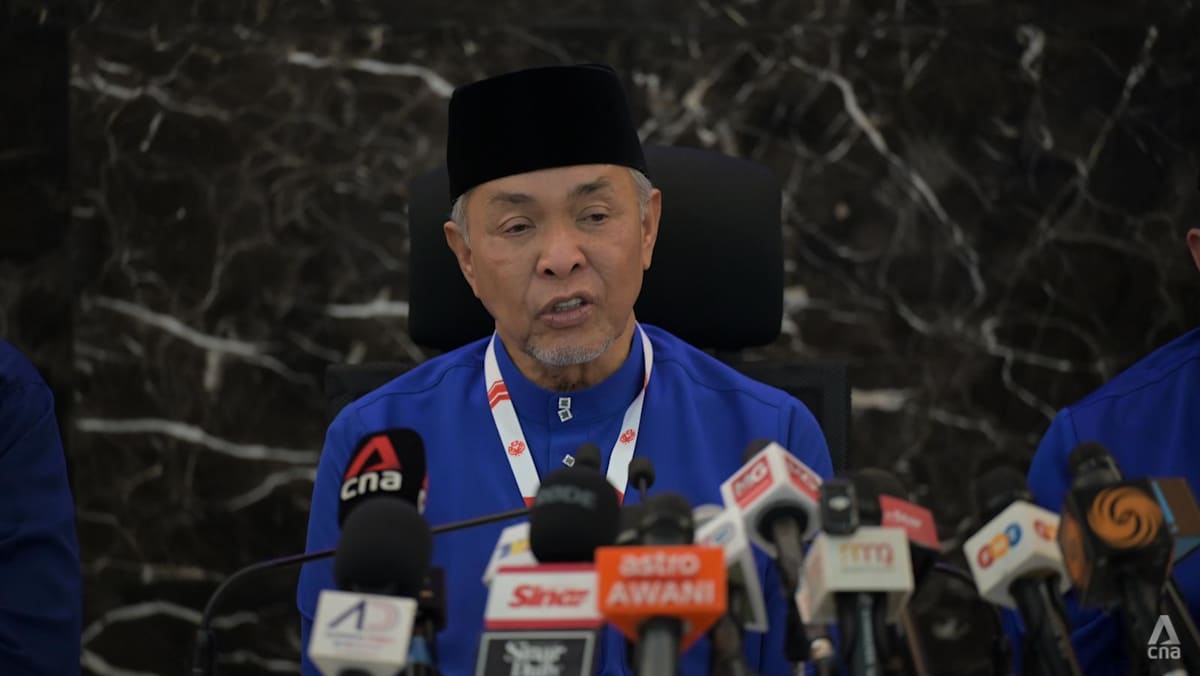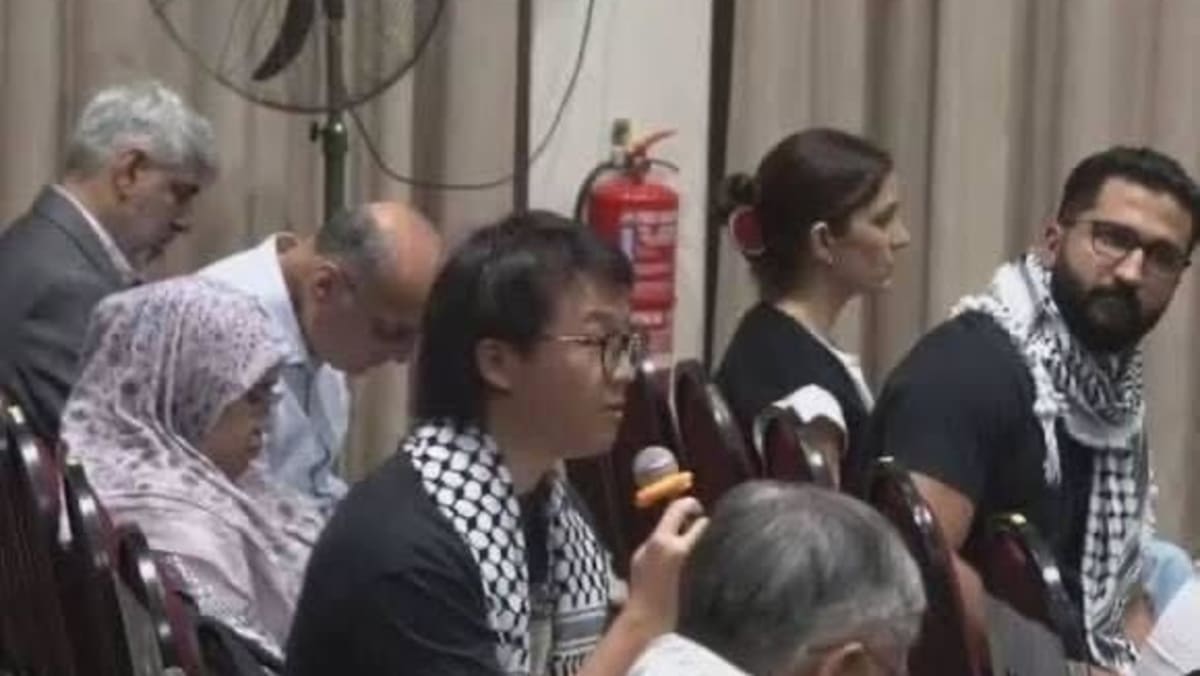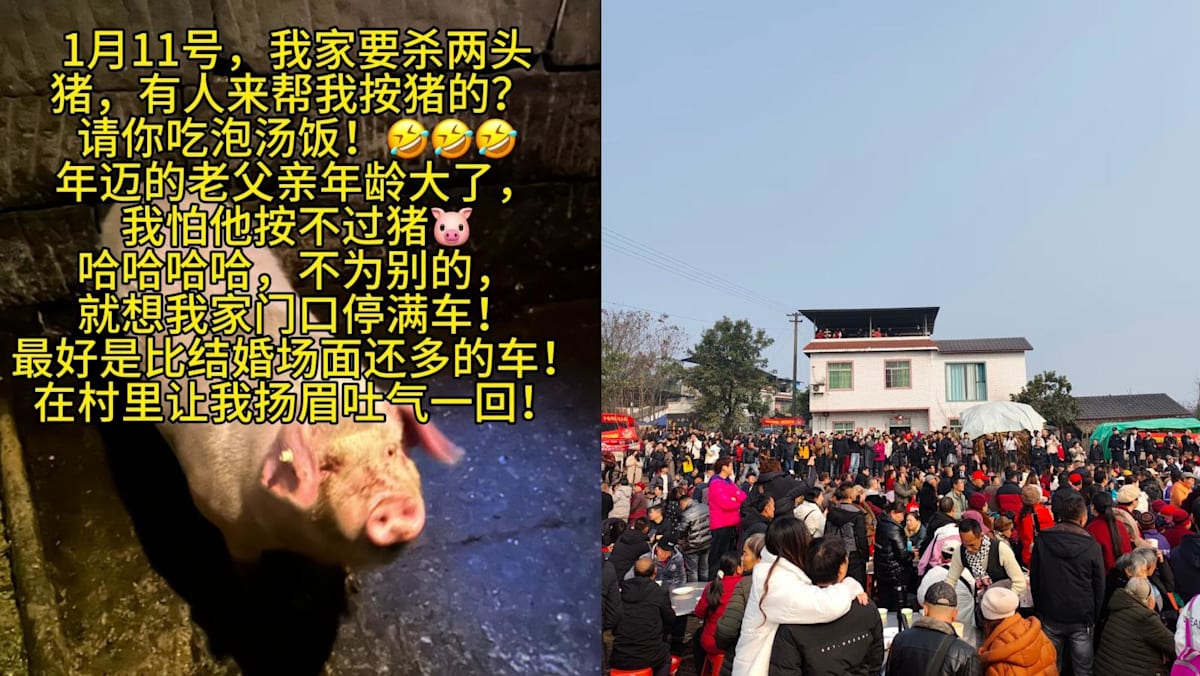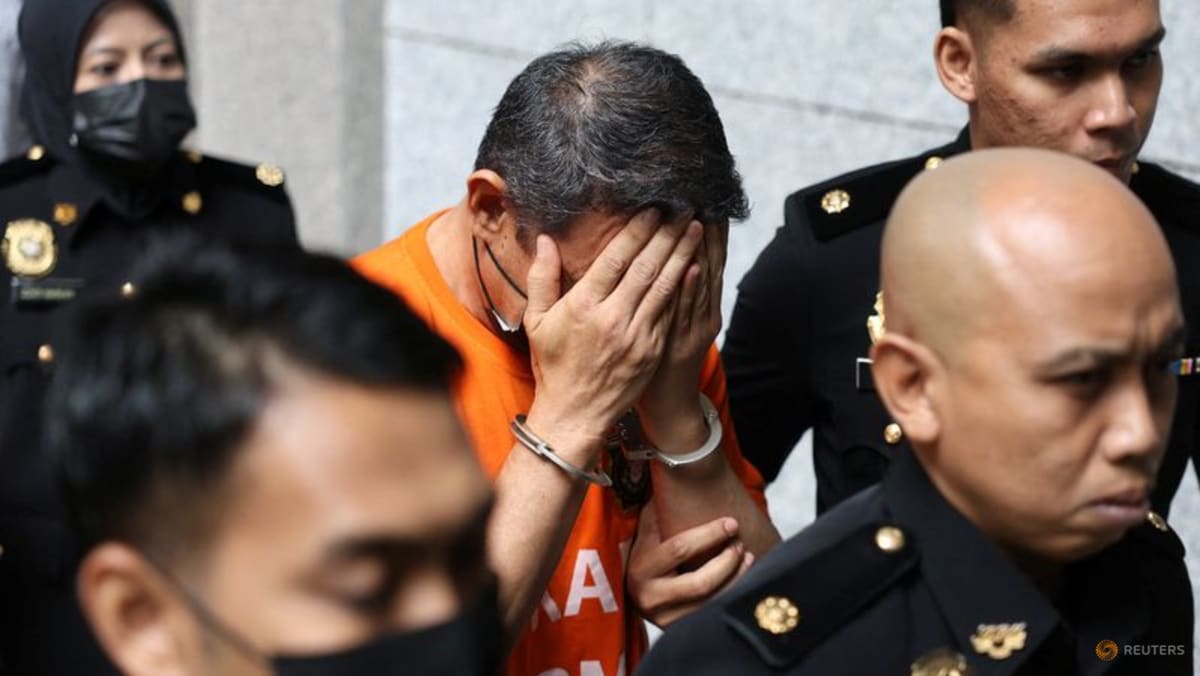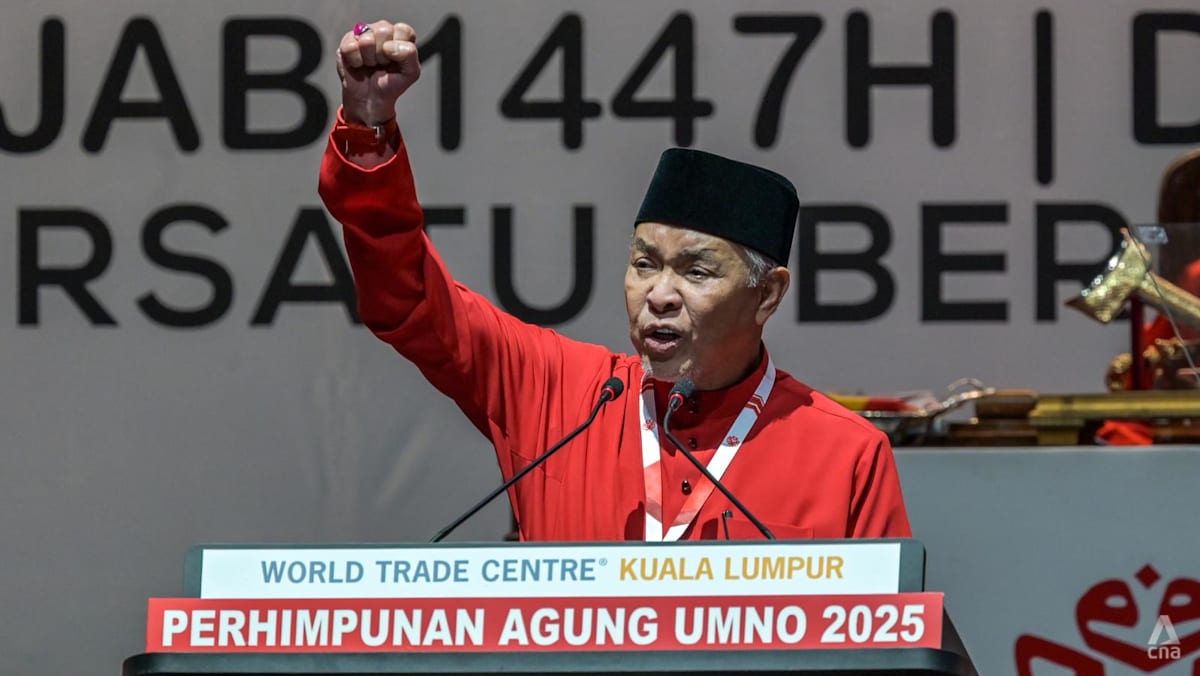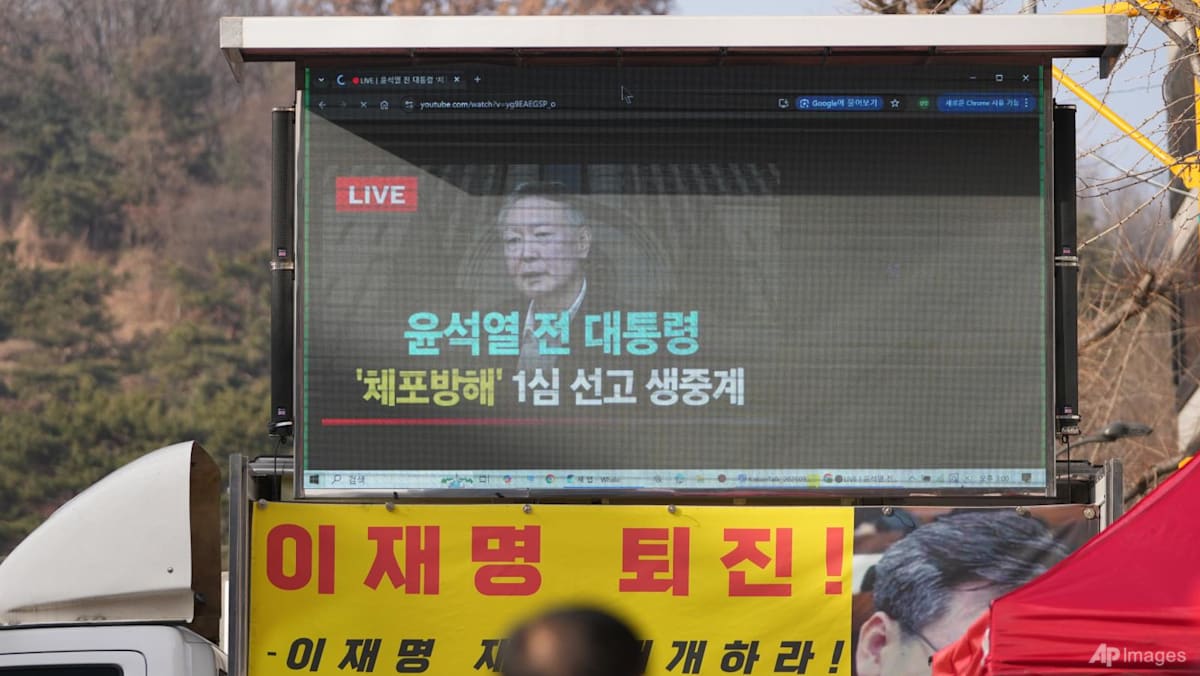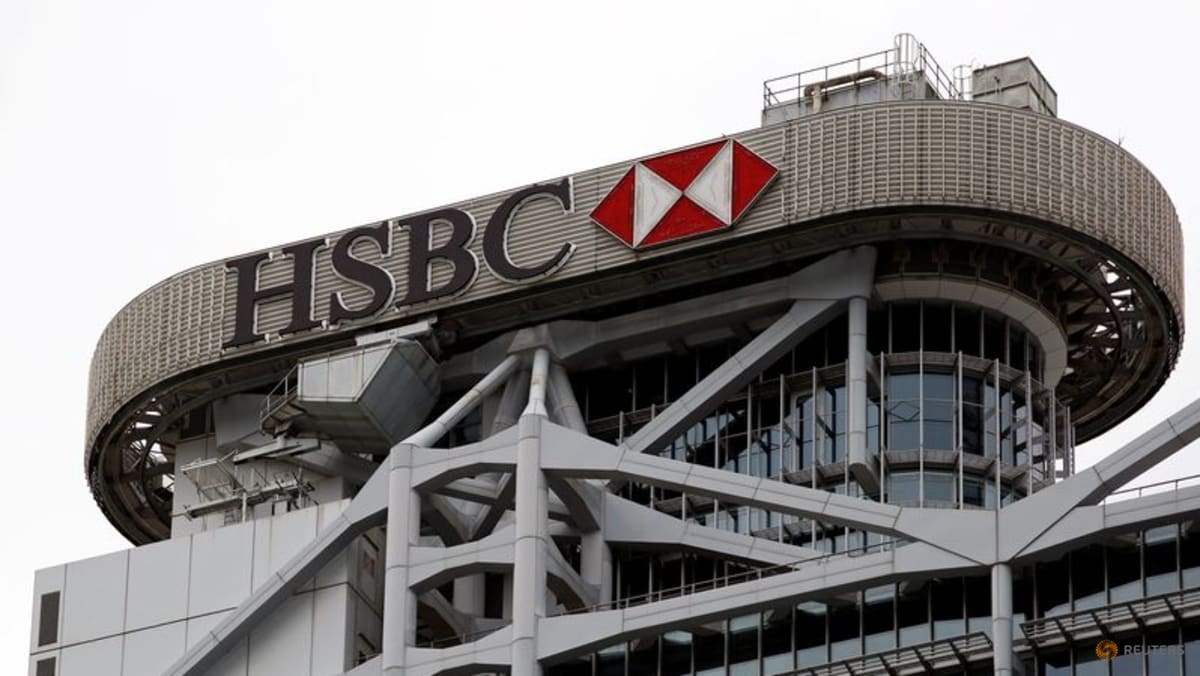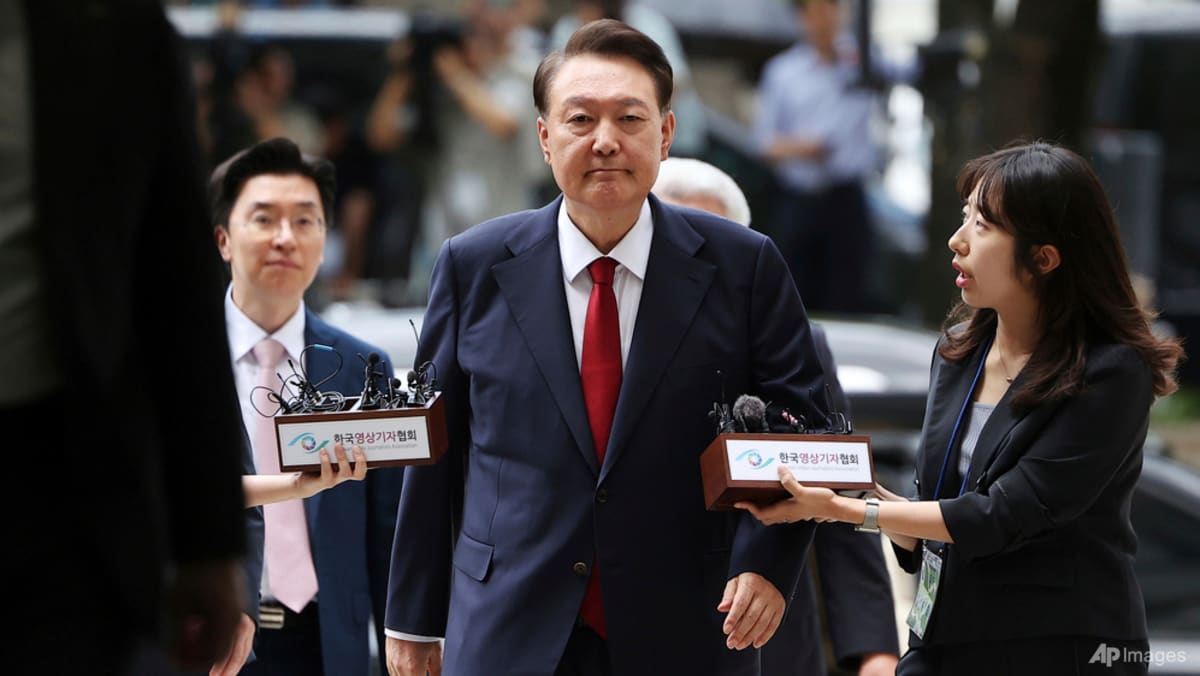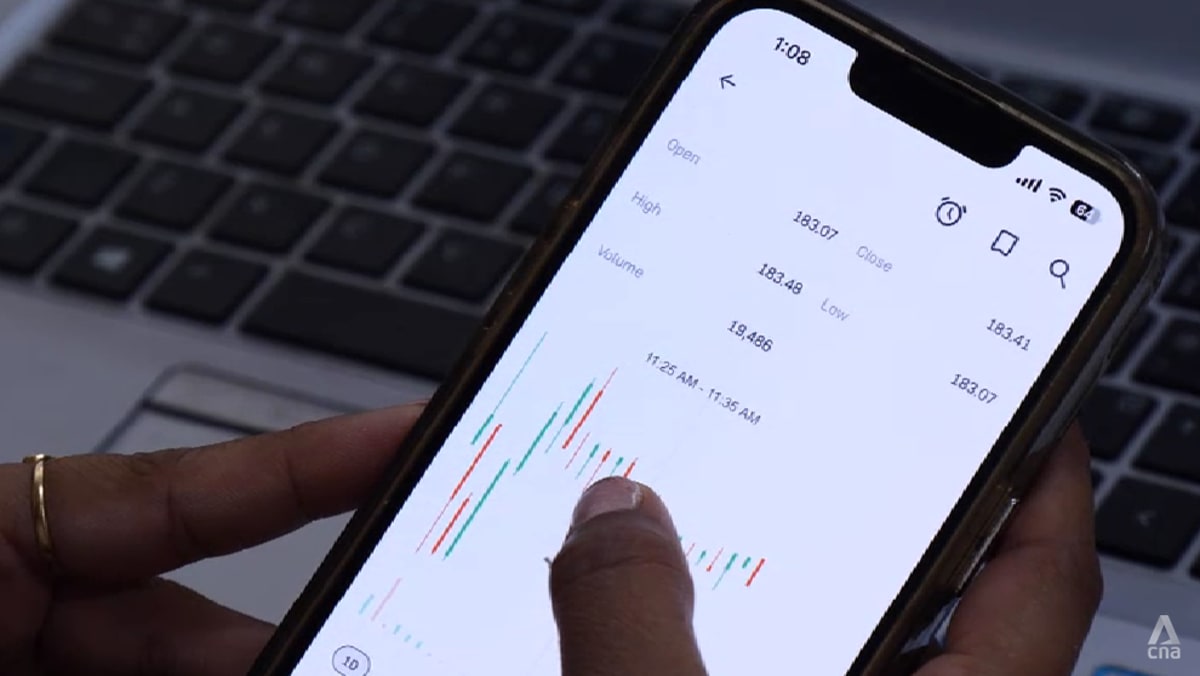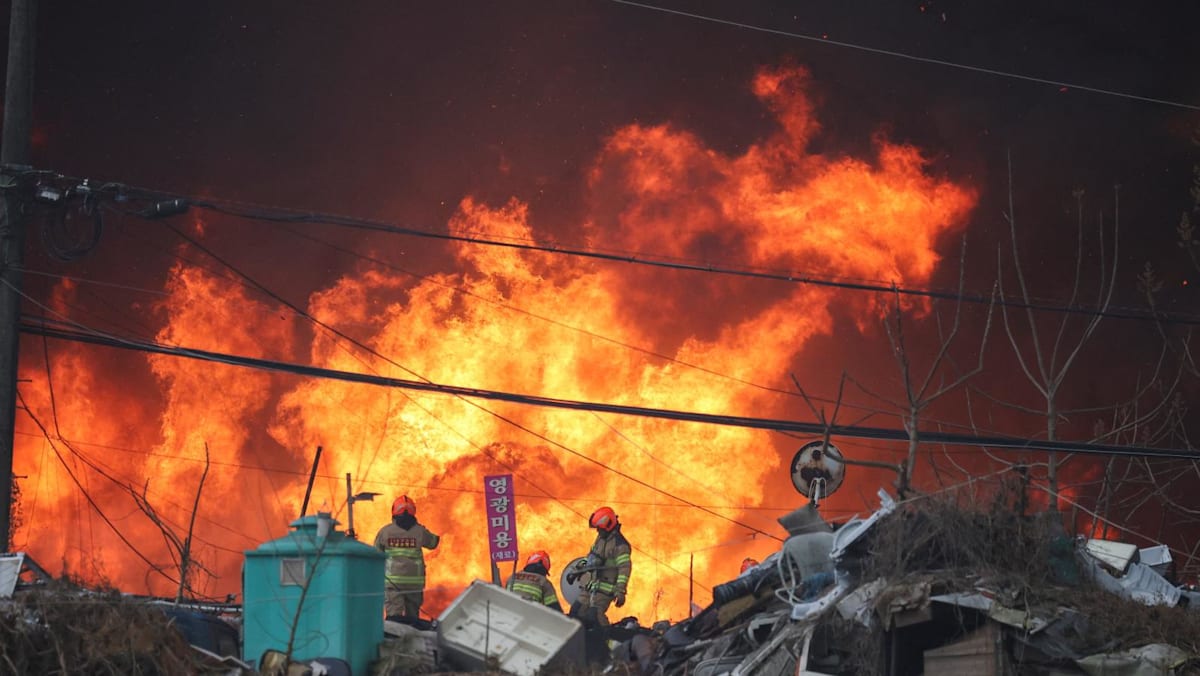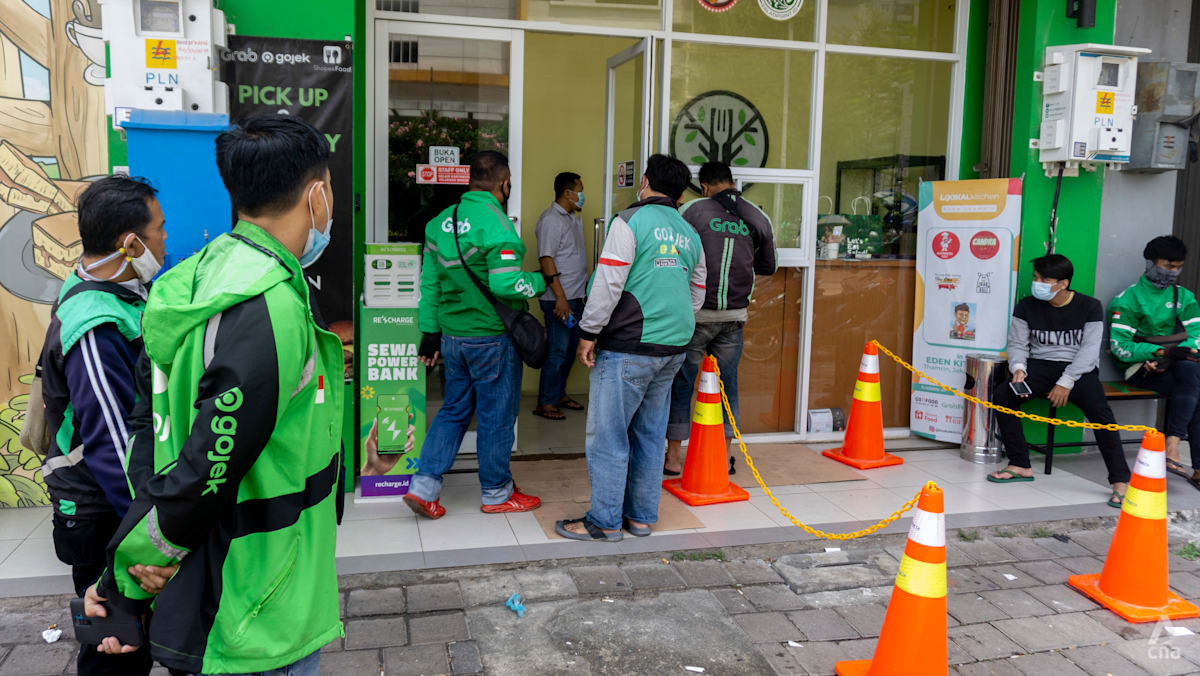Analysis: Malaysia cosies up to Russia and invites Putin to ASEAN summit, but ‘bold’ move could ruffle feathers

Dr Ian Storey, a senior fellow at the ISEAS-Yusof Ishak Institute, told CNA that Russia is keen to raise its game in Southeast Asia because it wants to demonstrate to the West that its efforts to isolate Russia following its invasion of Ukraine have failed, especially in the Global South.
He added that Russia wants to circumvent Western sanctions by increasing sales of oil and natural gas to regional states.
However, he stressed that there will be a mixed reception for Russia’s involvement in the region.
“The Kremlin has some old friends in Southeast Asia, including Vietnam, Laos, Indonesia, Malaysia and Thailand. It has also moved closer to Myanmar since the military seized power in February 2021. But Singapore and the Philippines remain opposed to Russian aggression against Ukraine,” said Dr Storey.
The US has also been critical of some countries that have hosted Mr Putin since Russia’s invasion of Ukraine.
For instance, in response to Mr Putin’s visit to Mongolia this week, Washington said that no country should give him “a platform to promote his war of aggression against Ukraine”, a similar line it took against Vietnam earlier in 2024 for hosting the Russian leader.
During his working visit, PM Anwar also invited Mr Putin to attend next year’s ASEAN Summit, which will be chaired by Malaysia. The ASEAN Summit typically also encompasses other summits such as the ASEAN-China Summit, the ASEAN-US Summit and the East Asia Summit.
Russia, US and China are members of the East Asia Summit.
“It’s a bold move by Anwar to invite Putin to the East Asia Summit, as some of ASEAN’s Dialogue Partners may threaten to boycott the meeting if the Russian leader attends,” said Dr Storey.
However, he noted that Mr Putin had attended the East Asia Summit only once in person – during the 2018 event held in Singapore, and that Russia is likely to send Foreign Minister Sergey Lavrov instead for next year’s Summit.
Dr Azmi Hassan, a senior fellow at the Nusantara Academy for Strategic Research, told CNA that many countries in ASEAN have strong trade ties with the US and given how Russia and the US are locked in two opposing camps, Mr Anwar’s invitation to Mr Putin could raise eyebrows among some regional countries.
“Malaysia will be ASEAN Chair next year and this will make things complicated for the US especially because Malaysia has no problem working alongside the likes of Putin, Xi, even though Anwar has stressed that he wants to display neutrality,” said the political analyst.
ANWAR’S BRICS AMBITIONS STAYING CONSISTENT TO NEUTRALITY?
Analysts told CNA that Mr Anwar’s visit to Russia is partly to underline Malaysia’s foreign policy which embraces the principle of “neutrality” and being “everybody’s friend”. At the same time, they added that the prime minister was keen to reiterate Malaysia’s wish to join the BRICS group of emerging economies.
BRICS, established in 2009, initially included Brazil, Russia, India, and China, while South Africa joined a year later. It has since expanded to include Egypt, Ethiopia, Iran and the United Arab Emirates.
The international organisation now contributes to a quarter of the global economy, accounts for one-fifth of global trade and represents about 40 per cent of the world’s population.
Source: CNA


